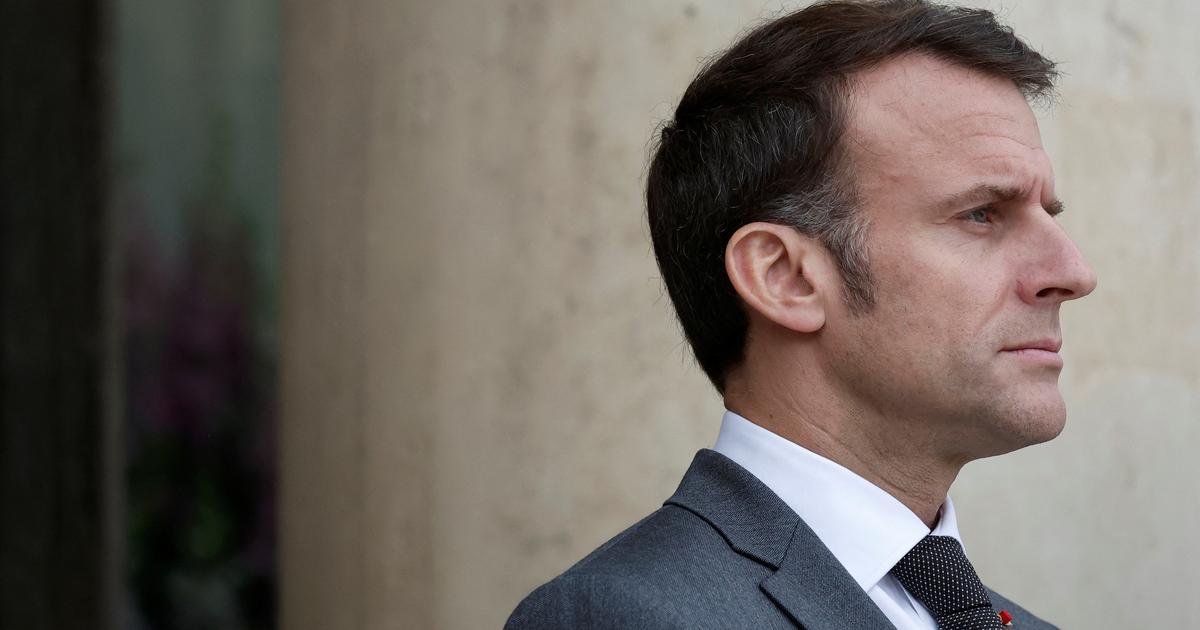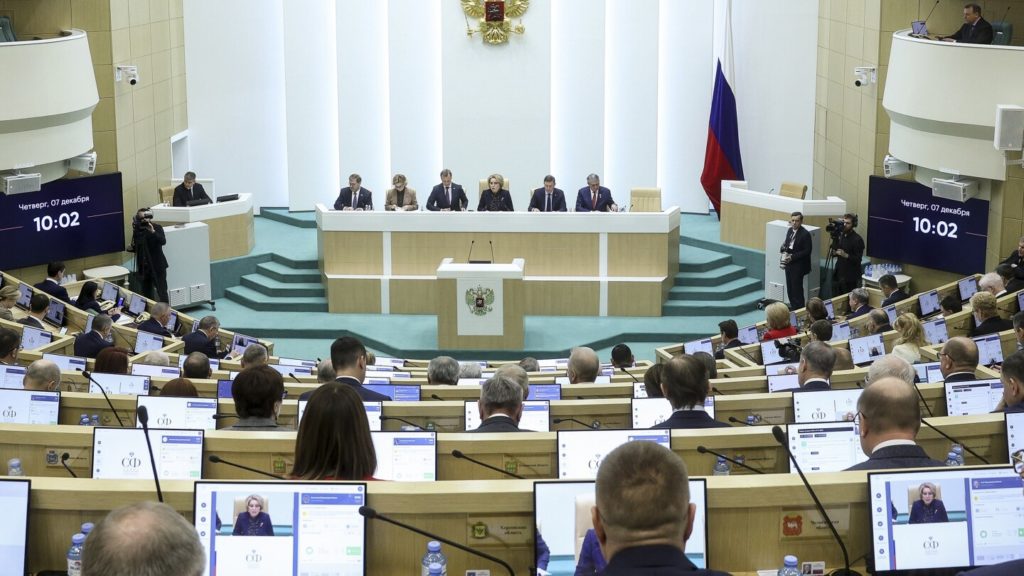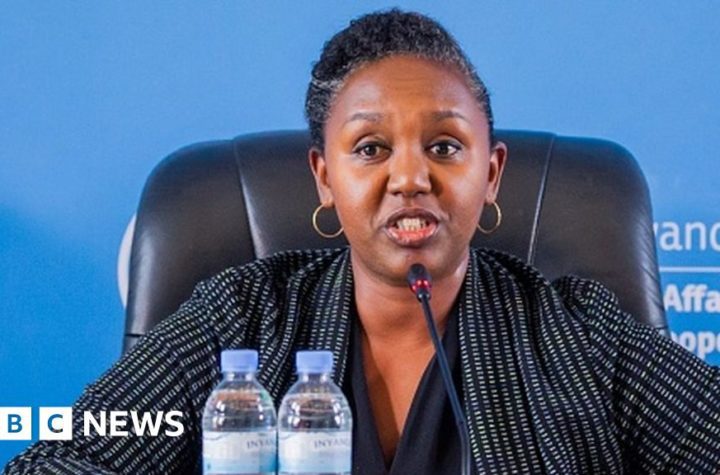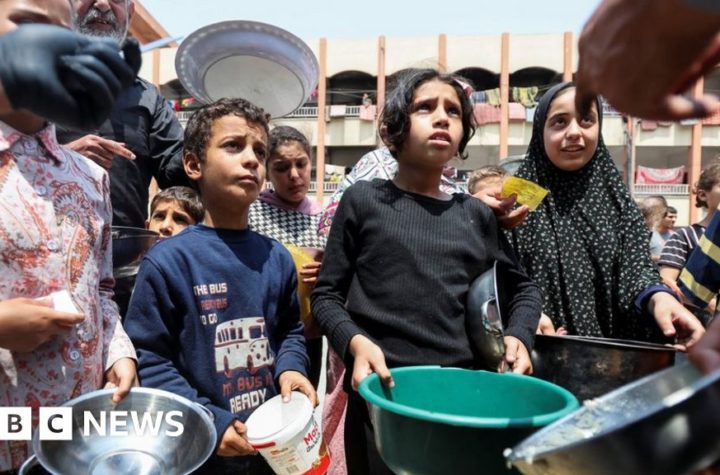Russian lawmakers on Thursday scheduled the country’s 2024 presidential election for March 17, bringing Vladimir Putin one step closer to a fifth term in office.
Members of the Federation Council, the upper house of the Russian parliament, voted unanimously to approve a decree setting the date.
“In essence, this decision marks the beginning of the election campaign,” said Valentina Matvienko, Speaker of the Federation Council. Russia’s Central Election Commission is scheduled to hold a meeting on the presidential campaign on Friday.
Putin (71 years old) has not yet announced his intention to run again, but it is widely expected that he will do so in the coming days after the date is set.
Under the constitutional reforms he orchestrated, he is entitled to run for two more six-year terms after his current term ends next year, which could allow him to remain in power until 2036.
After imposing tight control on the political system in Russia, Putin’s victory in the March elections became certain. Prominent critics who could challenge him in the elections are either in prison or living abroad, and most independent media outlets have been banned.
Neither the long, costly war in Ukraine nor the failed rebellion by mercenary leader Yevgeny Prigozhin last summer appear to have affected his high approval ratings reported by independent polls.
It is still unclear who will challenge him on the ballot. Jailed opposition leader Alexei Navalny, in an online statement on Thursday, urged his supporters to vote for anyone but Putin.
“Putin regards these elections as a referendum on approval of his actions. A referendum on approval of war. Let us disrupt his plans and make it happen so that no one cares about the rigged result on March 17, but all of Russia saw and understood: the will of the majority is that Putin should “He leaves.”
Two people have announced their plans to run: former MP Boris Nadezhdin, who holds a municipal council seat in the Moscow region, and Yekaterina Dontsova, a journalist and lawyer from the Tver region north of Moscow, who was once a local councilor. Legislature.
Allies of Igor Strelkov, the imprisoned ultranationalist who accused Putin of weakness and indecision in Ukraine, have also cited his ambitions to run, but extremism charges levied against him by Russian authorities make his candidacy unlikely.
Strelkov, a retired security officer who led Moscow-backed separatists in eastern Ukraine in 2014, was convicted of murder in the Netherlands for his role in a separatist operation. A Malaysian Airlines plane was shot down That year, he criticized Putin as “petty” and a “lowly coward.” He was arrested last July and has remained behind bars since then. He faces five years in prison if convicted.
For Nadingden and Dontsova, getting on the ballot could be an uphill battle. Unless one of the five political parties with seats in the Duma, Russia’s lower house of parliament, nominates them as their candidates, they will have to collect tens of thousands of signatures across multiple regions.
According to Russian election laws, candidates run by a party that is not represented in the Duma or at least a third of the regional legislatures must submit at least 100,000 signatures from 40 or more regions. Those running independently of any party will need at least 300,000 signatures from 40 or more regions.
These requirements also apply to Putin, who has used different tactics over the years. He ran as an independent in 2018 and his campaign collected signatures. In 2012, he ran as a candidate for the Kremlin’s United Russia party, so there was no need to collect signatures.
At least one party – Just Russia, which holds 27 seats in the 450-seat Duma – is willing to nominate Putin as its candidate this year. Interfax news agency quoted party leader Sergei Mironov, a veteran lawmaker and staunch Putin supporter, as saying on Thursday that the party made the decision months ago and would nominate Putin at the party congress scheduled for December 23, even if it was Putin. He decides to run as an independent.
It was not immediately clear whether the Kremlin had approved those plans. The party’s press center told The Associated Press that this was the party’s initiative, and the Kremlin did not immediately comment.
Independent political analyst Dmitry Oreshkin said that running as an independent is most likely for Putin. “It would be a great honor for any party, as it values itself highly. Therefore, I think he will run as an independent candidate, and will probably collect signatures. This will be a good excuse to promote the campaign in the regions.”
Oreshkin, a professor at the Free University in Riga, Latvia, expects Putin and several other less popular candidates to be on the ballot, for example, Communist Party leader Gennady Zyuganov or Nadezhdin.
The Central Election Commission is planning online voting in addition to traditional paper ballots in about 30 Russian regions, and is considering extending voting over three days — a practice adopted during the pandemic and widely criticized by independent election observers.
These measures, combined with restrictions on monitoring adopted in recent years, will severely limit the possibility of independent observers, according to Stanislav Adenrychuk, co-chair of Golos, a prominent independent election monitoring group.
Only registered candidates or state-backed advisory bodies, the civic chambers, can appoint observers to polling stations, reducing the possibility of truly independent oversight bodies, Andreychuk told The Associated Press. He said there was very little transparency regarding online voting, and if polling continued for three days, it would be very difficult to cover the country’s nearly 100,000 polling stations – let alone ensure that ballots were not tampered with at night. .
“Regular monitoring (at ballot boxes) is the biggest problem at this stage,” Andreychuk said.
“But we’ll work anyway,” he said of Golos’ plans, adding that they will conduct surveillance throughout the campaign and support activists who arrive at polling stations on Election Day.
Analyst Oreshkin said the vote would be more of a “ritual” than a competitive electoral process.
He added: “This electoral ritual, the electoral ritual, is of great importance to Putin and his team. It is important because it measures the loyalty of regional elites and (indicates) that the system is working.”

“Infuriatingly humble alcohol fanatic. Unapologetic beer practitioner. Analyst.”








More Stories
Rwanda will not guarantee the number of migrants it will receive from the UK
The war between Israel and Gaza: ceasefire talks intensified in Cairo
Laura Kuenssberg: Will the Conservatives resign themselves to electoral fate under Rishi Sunak?